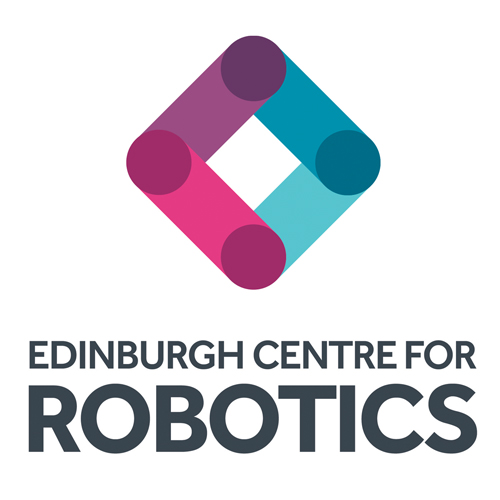Functional Behavioural States and Potential Health Condition Monitoring for Older Adults Using a Camera
Abstract: Vision-based methods have been shown to achieve clinically acceptable accuracy in measuring patient mobility. In this work, the daily behaviours and mobility of older adults are monitored using a privacy-preserving camera in their homes in Edinburgh for several weeks. The monitoring approach includes a discriminative model to classify individuals' Functional Behavioural States (postural-mobility features), and a personalized generative model to describe each individual’s statistical patterns over time.

